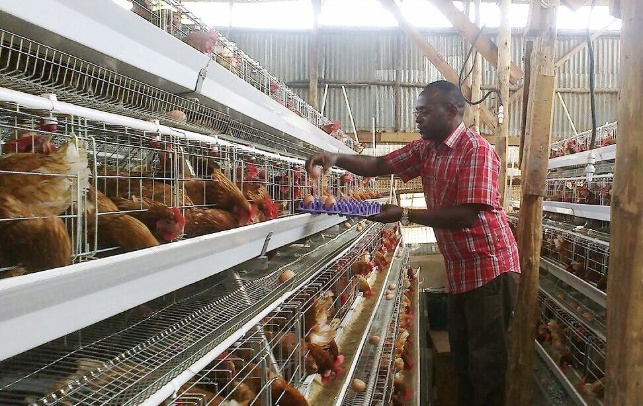when do chickens lay eggs day or night?
Time : 2024-05-20
As backyard chicken keeping continues to gain popularity, many new chicken owners wonder about the egg-laying habits of their feathered friends. One common question is whether chickens lay eggs during the day or night. Let’s explore the factors that influence egg-laying behavior in chickens and shed some light on this topic.
Understanding the Egg-Laying Process in Chickens
Before we delve into the timing of egg-laying, it’s essential to understand the egg-laying process in chickens. Hens typically start laying eggs at around 5-6 months of age, and their egg-laying frequency varies depending on factors such as breed, age, and environmental conditions.
Factors Influencing Egg-Laying Frequency
- Breed: Different chicken breeds have varying egg-laying capabilities, with some breeds laying more eggs than others.
- Age: Younger hens tend to lay more eggs than older hens, with egg production declining as hens age.
- Lighting Conditions: The amount and duration of light exposure can influence egg-laying frequency, with hens requiring at least 14-16 hours of light per day to maintain optimal egg production.
Do Chickens Lay Eggs During the Day or Night?
Chickens are diurnal animals, meaning they are active during the day and rest at night. As such, the majority of egg-laying occurs during daylight hours when hens are most active and alert. However, this does not mean that chickens never lay eggs at night.
Factors Influencing Nighttime Egg-Laying
- Lighting Conditions: If hens are exposed to artificial light during the night, they may continue to lay eggs outside of their natural daylight hours.
- Stress or Disruption: Hens may lay eggs at night if they are stressed or their normal egg-laying routine is disrupted, such as when they are moved to a new environment or experience changes in their diet or social dynamics.

Maximizing Egg Production in Chickens
To maximize egg production in chickens, it’s essential to provide them with optimal environmental conditions and care. This includes providing a comfortable and clean living space, a balanced diet, and adequate lighting conditions.
Tips for Maximizing Egg Production
- Provide Optimal Lighting: Ensure hens receive at least 14-16 hours of light per day, either through natural or artificial lighting sources.
- Maintain a Balanced Diet: Feed hens a balanced diet rich in protein, calcium, and other essential nutrients to support optimal egg production.
- Minimize Stress: Minimize stressors such as overcrowding, predator threats, or changes in the environment to promote a healthy and relaxed flock.
Conclusion: Understanding the Egg-Laying Habits of Chickens
In conclusion, chickens are diurnal animals that typically lay eggs during the day when they are most active and alert. However, factors such as lighting conditions and stress can influence egg-laying behavior, leading to nighttime egg-laying in some cases. By providing optimal environmental conditions and care, chicken owners can maximize egg production and ensure the well-being of their feathered friends.











